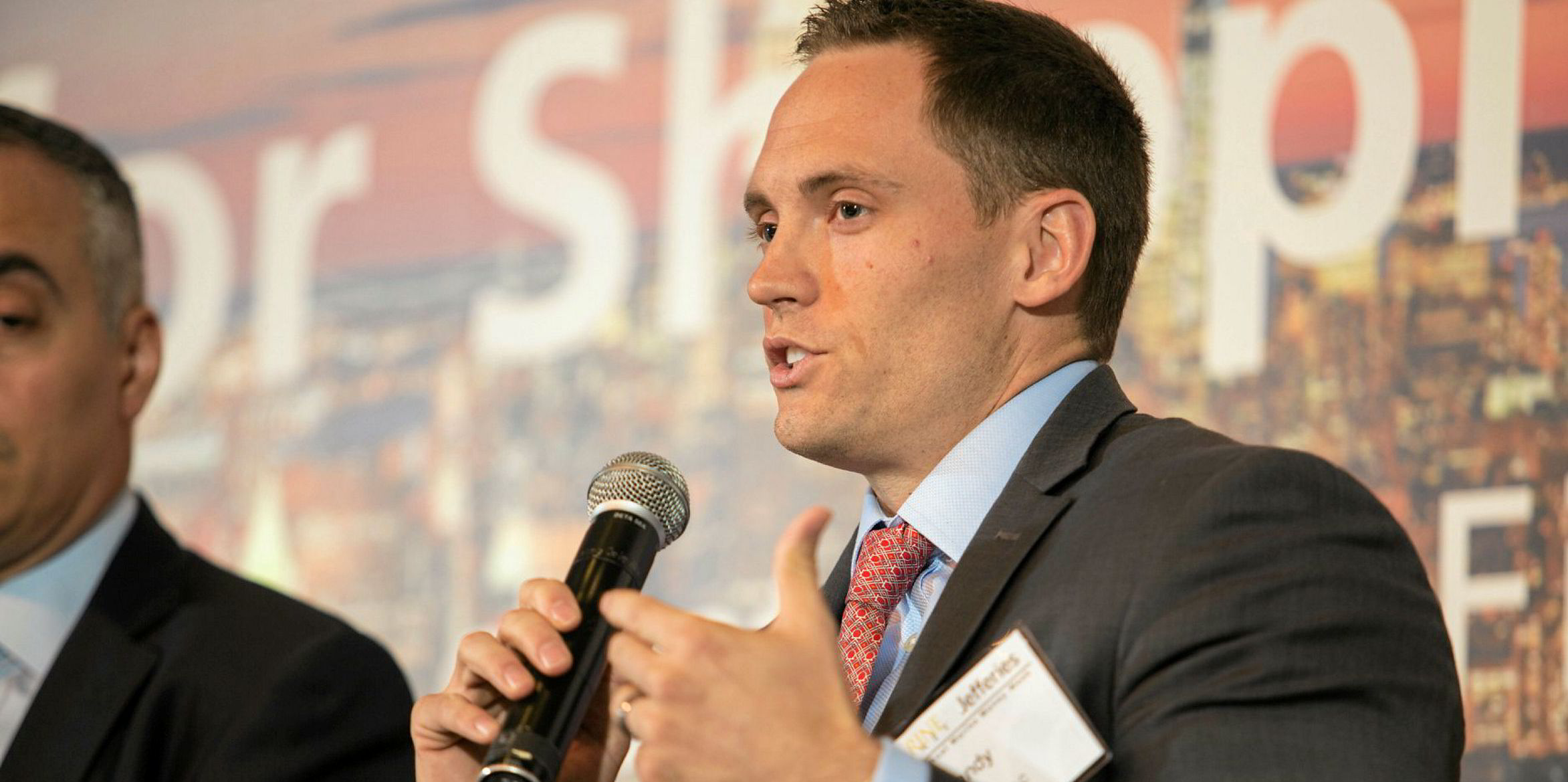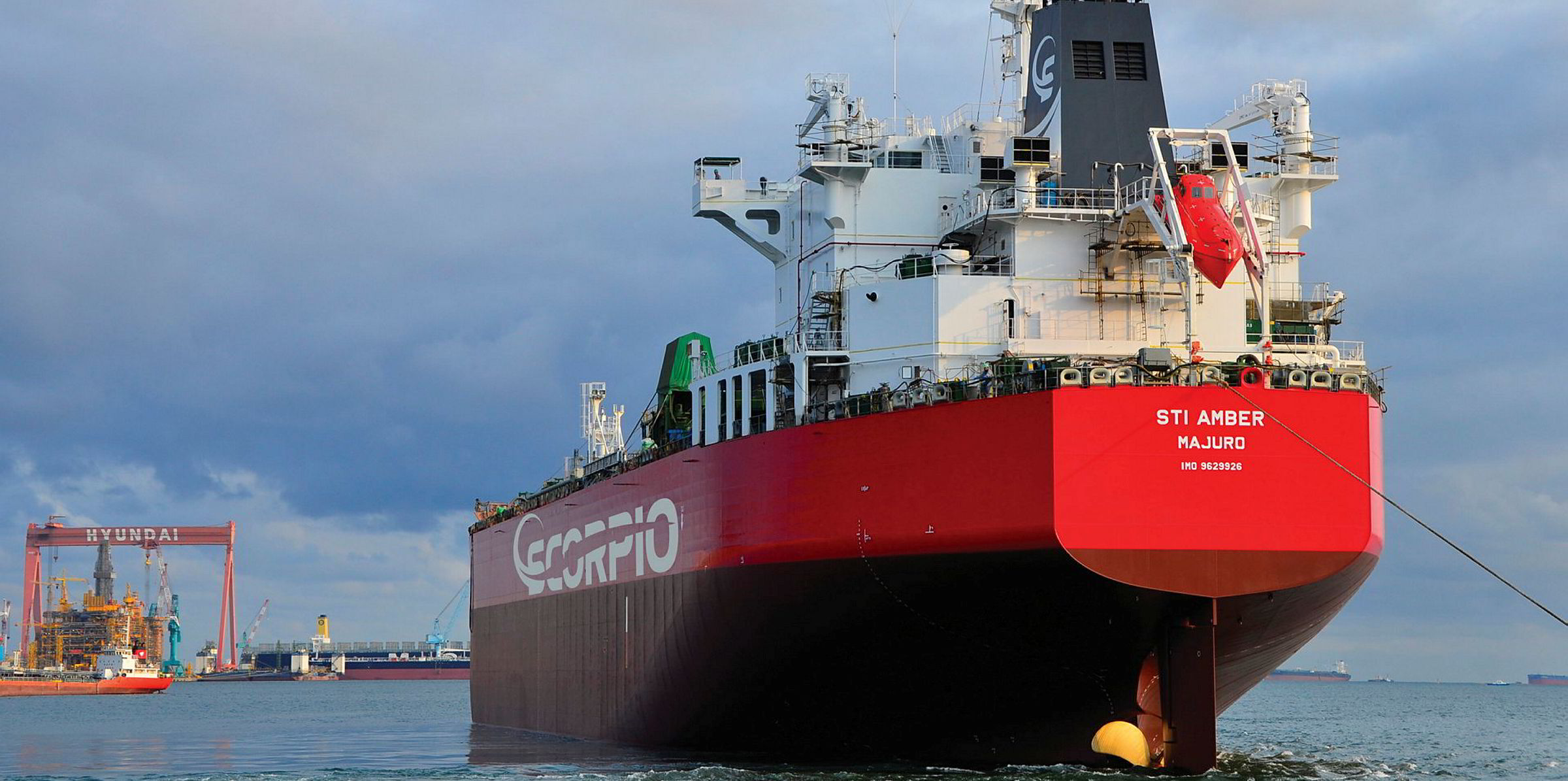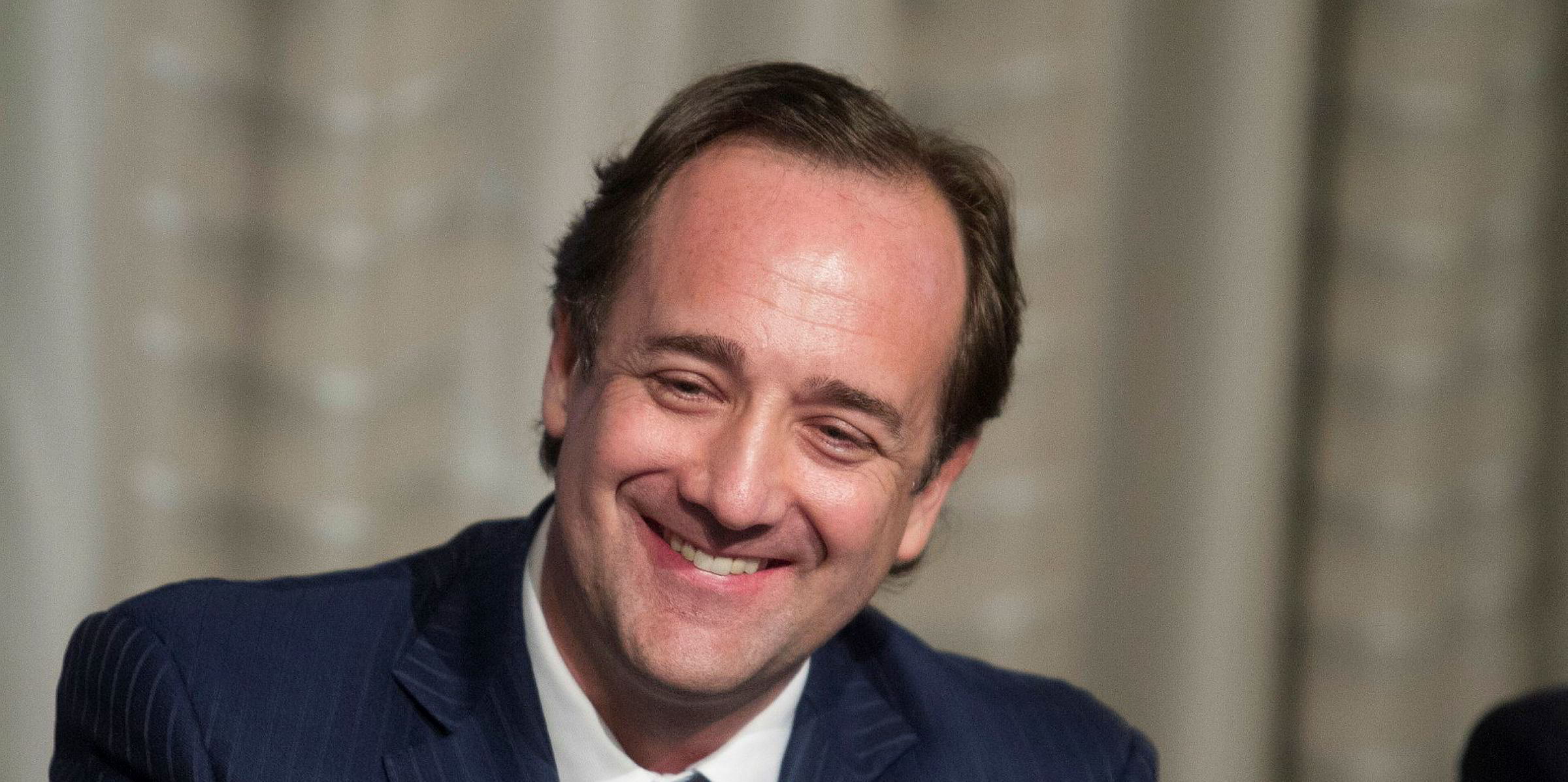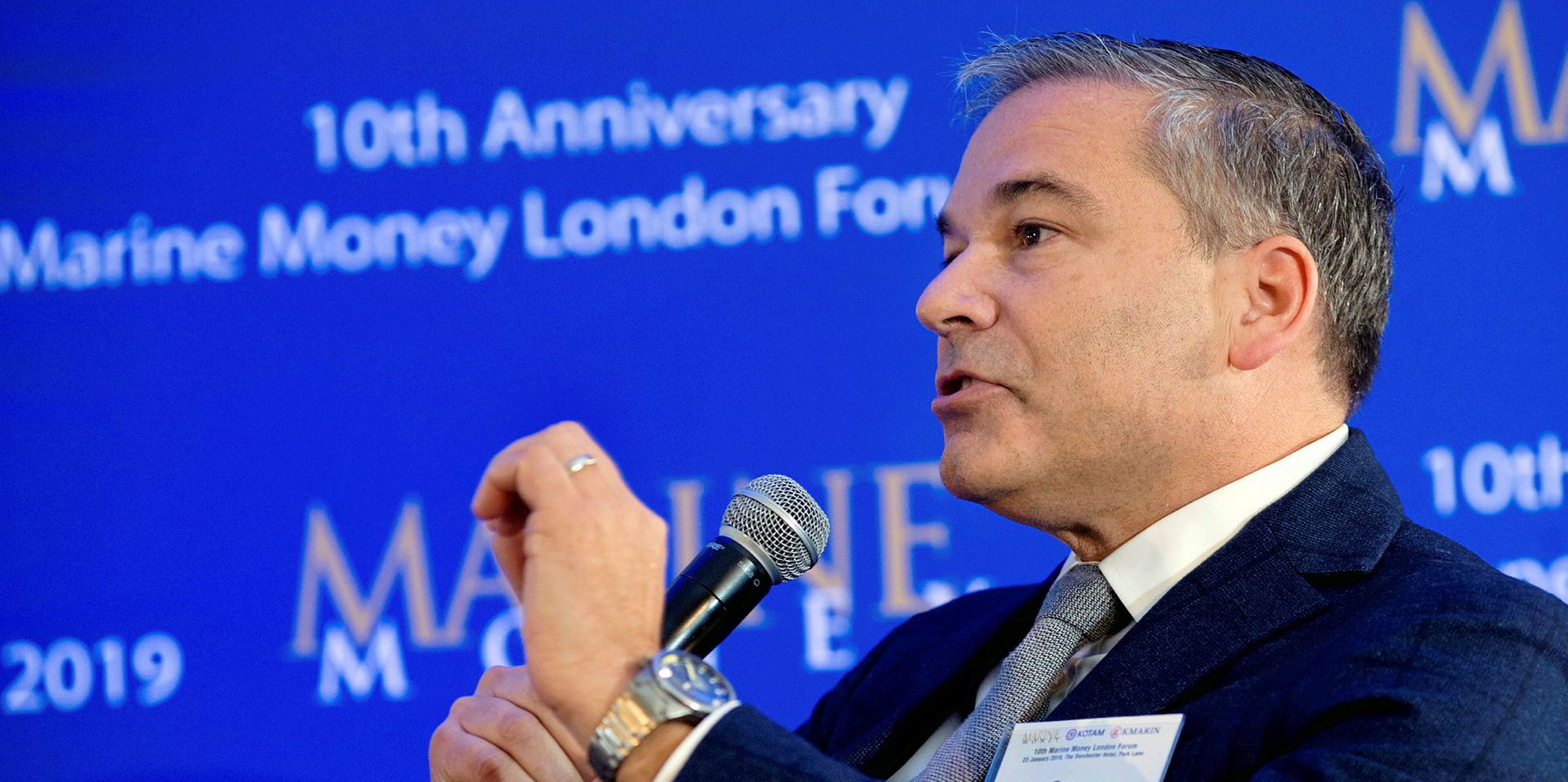Investors will ultimately reward shipowners that have installed exhaust-gas scrubbers on their ships, two US-based equity analysts believe.
But the two researchers — Chris Snyder of Deutsche Bank and Randy Giveans of Jefferies — arrived at different conclusions as to whether that reward has begun, after analysing data at TradeWinds’ request.
Snyder finds a correlation underway, with scrubber-using owners having outperformed others by 27% in the fourth quarter of 2019, ahead of the IMO 2020 sulphur cap that came into effect on 1 January.
Further, he found a close correlation between the size of price spreads between high-sulphur fuel oil (HSFO) and compliant fuel, and outperformance by scrubber users in share price. This also explains why the trend reversed in January.
However, analysing a broader basket of owners, Giveans presented data that, in many cases, shows an inverse relationship between scrubber adopters and share premiums.
Even so, the Houston-based analyst said anecdotal evidence suggests investors are rewarding scrubber companies, with the biggest upside yet to come.
Snyder compared six companies in three sectors: Scorpio Tankers and Ardmore Shipping in clean products, Frontline and Euronav in crude, and Star Bulk Carriers and Diana Shipping in dry bulk. In each case, the former is the scrubber user.
Scrubber owners outperform
“Scrubber owners outperformed significantly ... in the fourth quarter on the back of rising fuel spreads,” Snyder said, noting that spread had surged from $200 per tonne to $260 per tonne over that period.
“They have somewhat underperformed so far in 2020, which we attribute both to the strong fourth-quarter run and the fact that spreads have taken a step down in the last few weeks.”
Deutsche Bank expects spreads to widen later in 2020 on the back of rising oil prices, which recently sank to three-month lows.
Snyder also acknowledged the small size of his sample and that each couplet of companies is not perfectly comparable. Scorpio Tankers, for instance, is larger than Ardmore and tends to have more volatile price swings.
Giveans studied a wider group, comparing averages over 10 tanker owners and seven dry bulk companies.
In that measure, there are few cases of owners opting for scrubbers that have outperformed their peers in the past year.
For example, tanker owners with no scrubbers logged 69% share gains in the fourth quarter compared with 39% for scrubber users. In January, they lost 22% while scrubber owners lost 25%.
On the dry bulk side, results were more mixed. In the fourth quarter, owners with scrubbers led with a 10% gain to a 1% loss. However, they lost more in January: 25% to 18%.
Measuring the full 12 months of 2019, tanker owners with scrubbers gained 111% to 110%. In dry bulk, scrubber-less owners gained 22% to 15%.
At the very least, the picture to date appears muddled depending on the analyst and the methodology.
Giveans offered an explanation: while scrubbers are a factor affecting investor interest and support, they are not the only factor.
Investors watching a surging tanker market in 2019 — with a VLCC fixture or two reported at more than $300,000 per day — were attracted by companies with high financial and market leverage.
Whether they had a future commitment to scrubbers was a lot less important.
“Those leveraged companies were the winners,” he said. “Scrubbers didn’t matter in 2019.”
But the analysts agreed that, going forward, the scrubber owners win.

Boosting dry bulk
Snyder sees scrubbers as a distinguishing factor especially in dry bulk, where owners have been limping along with rates close to operating break-evens. In that sort of market, scrubbers matter a lot more than in a booming tanker market.
They could make the difference between a profit and a loss.
Giveans agreed and sees dry earnings opening eyes. But he also trusts what he has been told about investor enquiries across sectors.
“I’ve certainly had investors calling in about tanker companies and asking ‘what’s their scrubber strategy,’ or ‘who has the most scrubbers,’” he said.
“No one calls in and asks what companies don’t have scrubbers. They might like a Euronav or a Diana Shipping for other reasons, but not for that one.”






